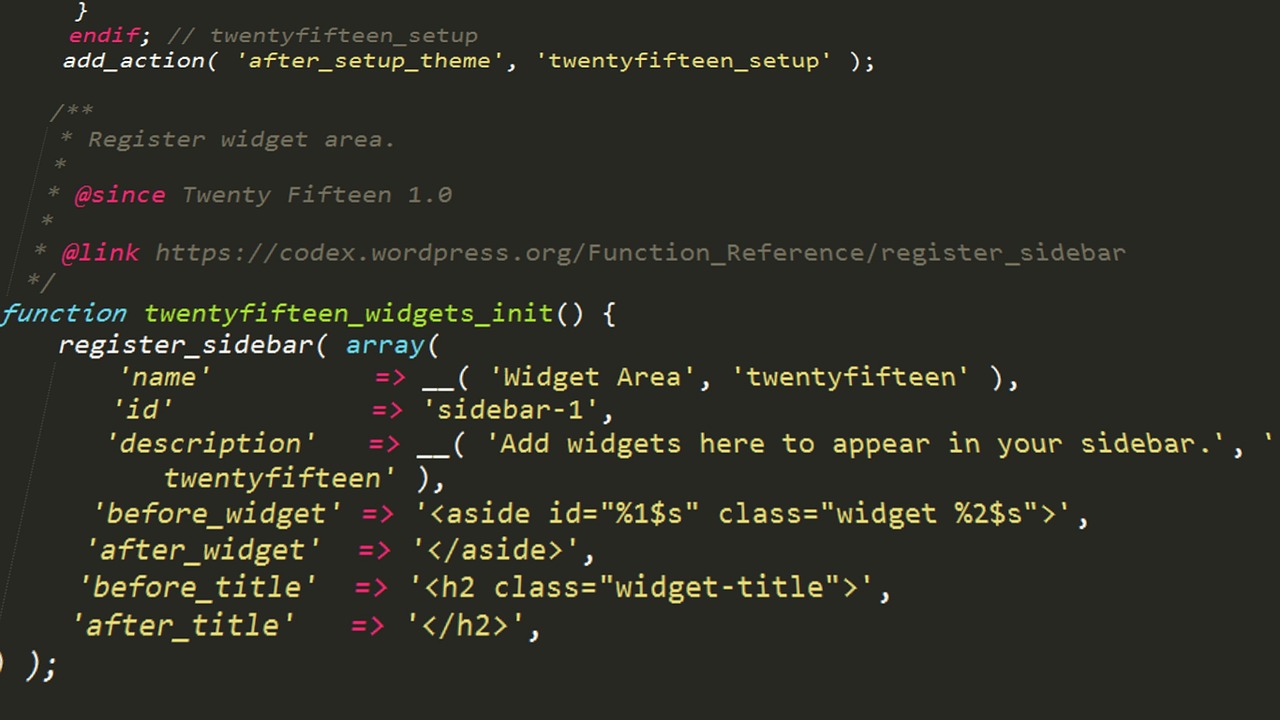The rise of closed-source CMS platforms is reshaping the way businesses approach website management. While WordPress has long been the dominant player in the CMS space, its open-source nature isn’t always the ideal fit for everyone. Here, we’ll explore why closed-source CMS platforms like Pixxell CMS are gaining traction and becoming the preferred choice for many businesses.
DevHired is an official reseller and principal partner of Pixxell CMS. Integration, development and support of the Pixxell CMS is being handled exclusively by DevHired.
What Is a Closed-Source CMS?
A closed-source CMS is a platform where the source code is proprietary and not available for public modification. Unlike open-source CMS platforms like WordPress, closed-source CMS solutions prioritize control, security, and reliability. For instance, businesses often find that these platforms offer fewer vulnerabilities to exploit and greater assurance of stability. In practical use, closed-source CMS platforms cater well to companies that require comprehensive support and consistent performance, ensuring their digital presence operates seamlessly without needing extensive technical oversight. This means users cannot freely edit or distribute the software code, unlike open-source platforms like WordPress. Instead, these platforms offer:
- Reliable security that results in less vulnerabilities
- Regular updates and support
- Streamlined functionality
- Intuitive and clear management (i.e. drag-and-drop functionality, WYSIWYG editor facilities, etc.)
- Seamless integration with the 3rd-party applications
Challenges with WordPress
While WordPress remains popular, its open-source nature presents some challenges: For instance, WordPress powers over 40% of websites globally, but this widespread adoption also makes it a frequent target for hackers. According to a 2023 report, approximately 90% of all hacked CMS websites were using WordPress, primarily due to vulnerabilities in third-party plugins and themes. These security risks, coupled with the need for constant maintenance and updates, often lead to increased operational costs and complexity for businesses. Furthermore, organizations seeking highly customized solutions may face significant expenses, as achieving unique functionalities typically requires hiring specialized developers.
Security Risks: Frequent vulnerabilities due to third-party plugins.
Maintenance Overhead: Requires constant updates and monitoring.
Custom Development Costs: Customizing WordPress often necessitates hiring developers.




